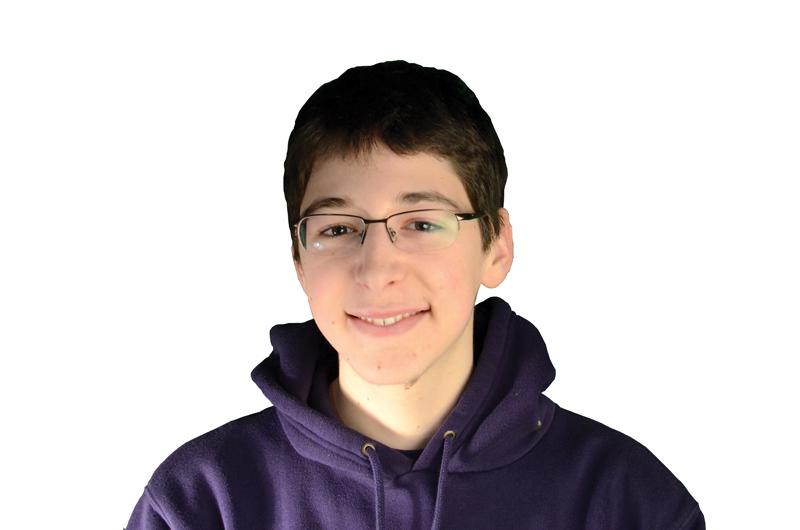Pinto: Hackathons are about fostering communication
November 23, 2014
This weekend, I attended a hackathon for the first time.
Usually 24 hours long, a hackathon is a hacking marathon during which experts and novices, designers and coders, great logical thinkers and incredibly creative minds come together to build simple, usable, interesting products.
This weekend, Northwestern hosted its largest intercollegiate hackathon to date: WildHacks. From noon Saturday to noon Sunday, students from schools around the Midwest came up with new ideas and built them. Throughout the hackathon, students worked tirelessly, many not even taking the time to sleep overnight, to create something new that would achieve a goal.
After 24 hours of struggling with code and sleep deprivation, almost 400 students submitted hundreds of projects that aimed to complete various actions, ranging from simple operations such as picking random entries from a list to complex ones such as using a motion sensor to create an invisible “air-drum.”
From what you’ve read about a hackathon until now, you may think that it is something that is only about the software. It may seem as if a hackathon is all about creating the next new startup, the next new app that everyone is going to use.
I can assure you that it is so much more than that.
Today, if you go out on the streets of Chicago and ask someone to draw you a picture of a computer programmer, there is a solid possibility that the picture drawn will be of a young man with a hunched back, most likely wearing glasses. The image they might give you will probably be one of a quiet guy who does nothing much besides spending time on his computer.
In the public’s perception, computer programmers and coders are often men who spend their lives behind a screen, doing not much else. Maybe that stigma has lessened in the past few years with the rise of startup culture, but it still persists among the greater sphere of society.
A hackathon may seem like a gathering of nerdy computer programmers to build the next great app. It’s not that simple.
Yes, the crowds that attend hackathons are much more concentrated toward programming-related majors. Computer science, computer engineering and software engineering majors do tend to make up a majority of the participants.
But the way hackathons work makes sure that a hackathon does more than simply give participants an environment to code something. It’s not about where you’re coding, or what you are capable of making on your own.
It’s about communication.
The single key aspect to a hackathon is fostering great communication between all participants. All participants are individually equipped to handle some problems. Each person has a different way of approaching solutions.
A hackathon is all about the people you get to meet. It’s all about the new perspectives that every different person can offer to you. It’s about looking in awe as someone does something you’ve always known totally differently. It’s about the new ideas and possibilities that getting to know a new mind can reveal.
Yes, the nerdy computer programmer image may be accurate for some programmers. But what hackathons really do is get these people to communicate. It makes them talk to the people around them, makes them learn new things and teaches them how to communicate.
Hackathons open up the closed minds behind the computer screens. They bring people together.
Yoni Pinto is a Weinberg sophomore. He can be reached at [email protected]. If you want to respond publicly to this column, send a letter to the editor to [email protected].












